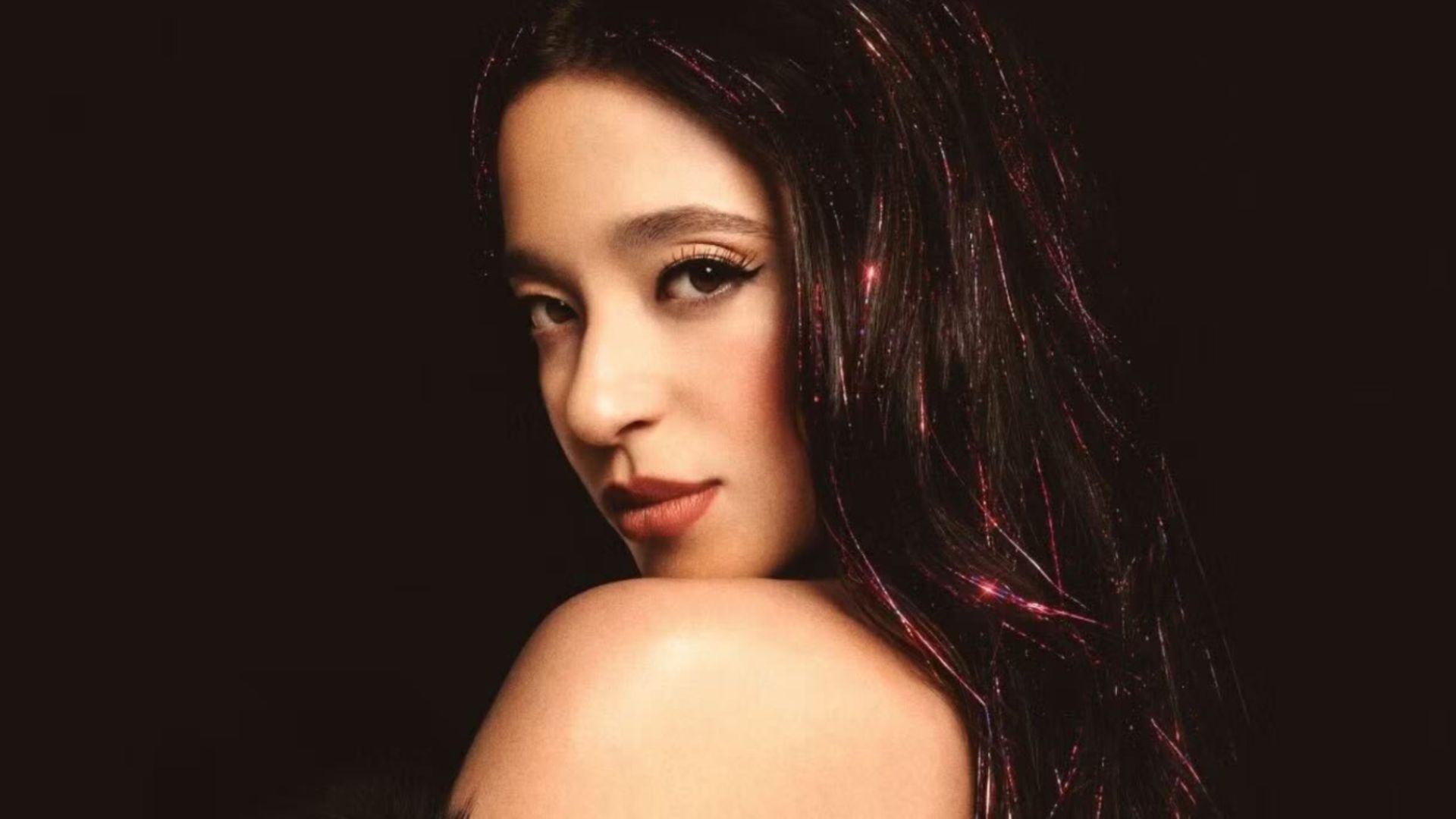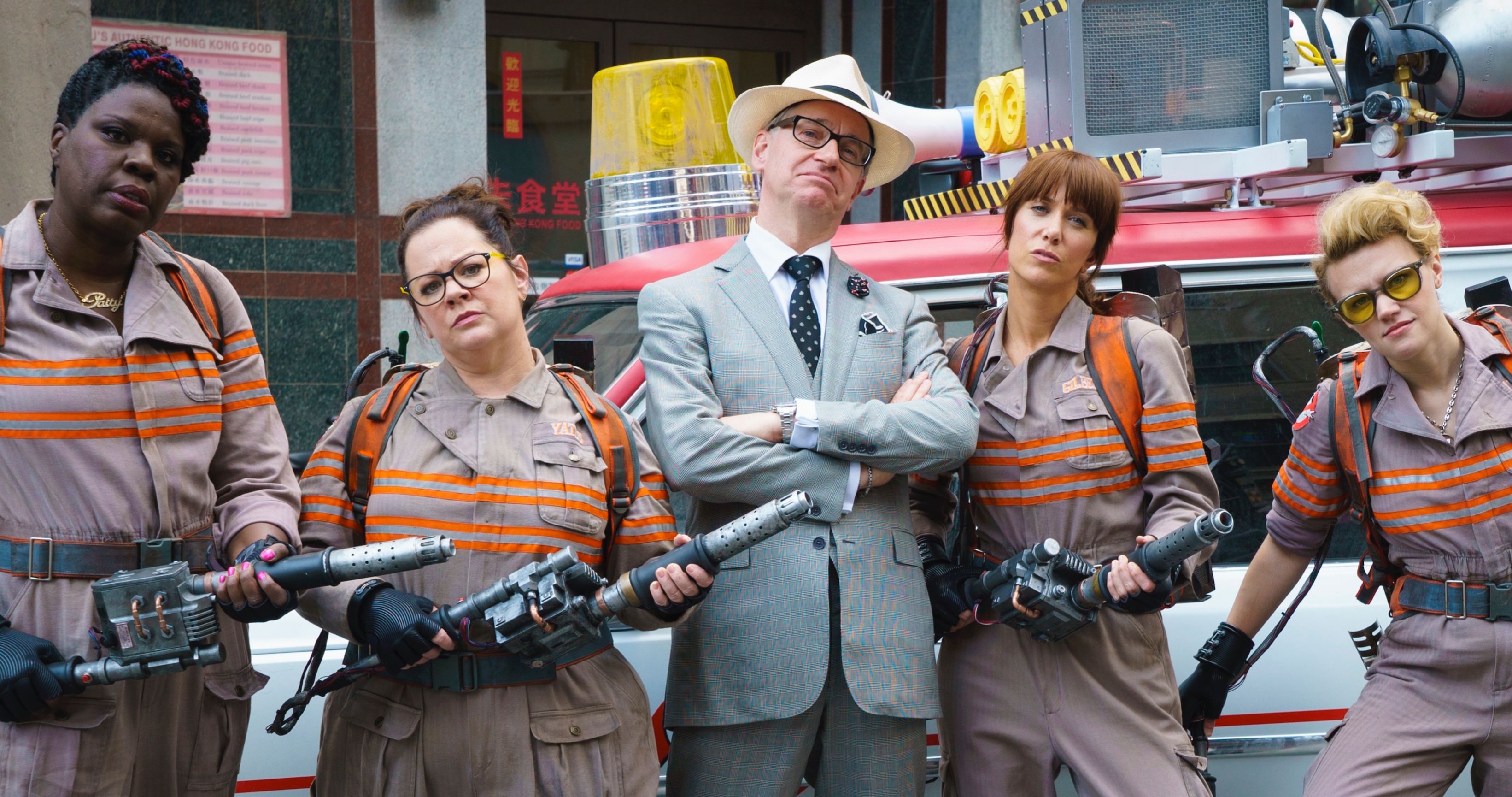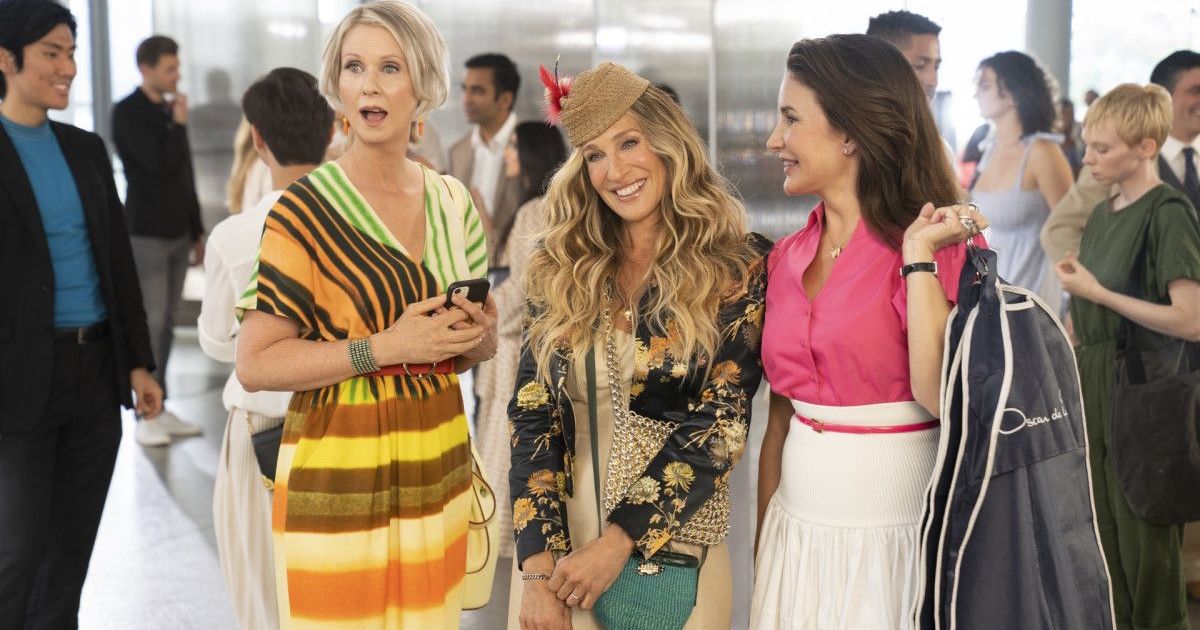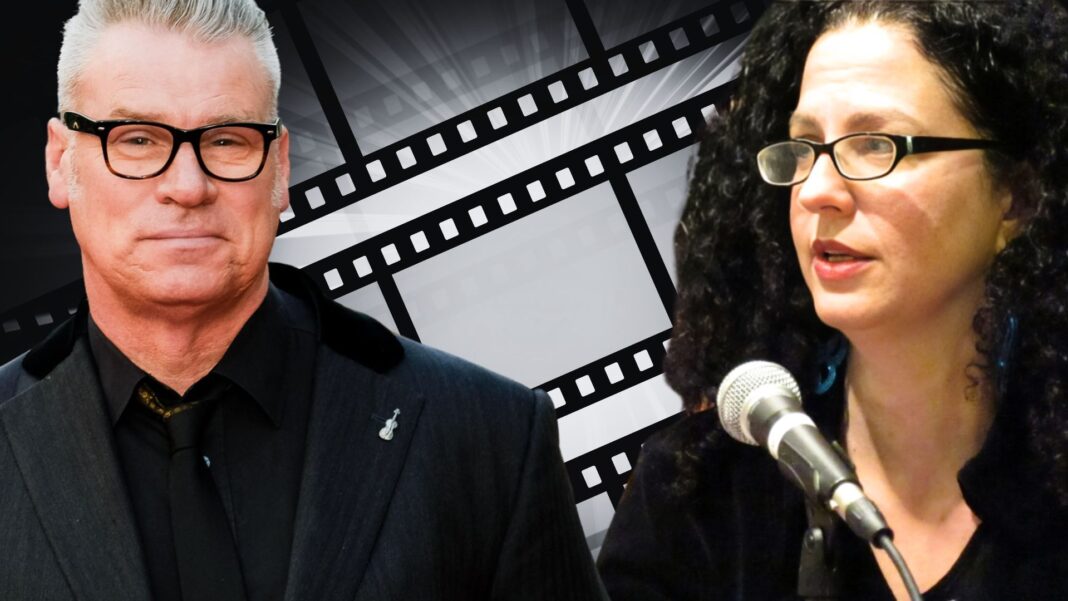The role of any critic isn’t easy. They shoulder the responsibility of bridging art and audience, serving as both interpreter and evaluator. We’re human (mostly), so personal taste will inevitably color perspective, and emotions will create connection and keep things from being wholly objective (and fortunately, from being dull). However, the most respected critics are mindful of this while examining a film’s technical merit, cultural significance, and artistic achievements, daring to challenge whatever’s flawed and push for excellence.
Honesty is vital, and this may cause upset, but that’s not the goal (we’d hope). Critics hold the power to break boundaries and pave the way for creative growth, even if it can be a bitter pill to swallow. Size is irrelevant: it could be the latest glitzy Hollywood blockbuster or obscure folk film produced on a shoestring budget. The best media critic helps maintain integrity in the industry, reflecting strengths and weaknesses that creators may otherwise miss. A masterful grasp of film is required but also communication of their thoughts that can resonate with casual audiences. With that in mind, we’re taking a look at some of the best critics working today.
Angelica Jade Bastién
Angelica Jade Bastién, writing for Vulture, has emerged as one of the most distinctive, critical voices of her generation. She considers not only the film itself, but the industry that encompasses it, such as casting choices and marketing strategies that drive us to the neat package we watch wide-eyed at the end of the process. Critics can be disliked, which is putting it mildly, but Bastién understands the nature of the game. Her true and honest devotion to the best that TV and film can be results in Bastién coming across as solid and secure in what she does.
There’s a contemporary freshness to Bastién’s writing and a warmth, as she reaches out to the reader as a familiar friend. She’s also not afraid to swim against the stream. On her Letterbox profile, she shared her thoughts about 2024’s Anora: “Hmmm. This one didn’t hit for me, you all. Mikey Madison has her sparks. But this film is a bit too emotionally threadbare, our lead is too improperly shaded, and it’s a touch too long.” Distinctive and real.

Related
13 Movies to Watch if ‘Anora’ Left You Wanting More
Anora received acclaim at the Cannes Film Festival and beyond. Here are some other films to check out following post-Anora bliss.
Peter Bradshaw
Humor and thorough critical thinking shine through in Peter Bradshaw’s reviews, which engage the reader until the very last word. Since 1999, he’s written for The Guardian and is a contributing editor over at Esquire. Sharp but feeling no need for complicated jargon, his vivid imagery and metaphors add another dimension to Bradshaw’s articles. His extensive knowledge of cinema, as expected of all the best critics, is superb, and he often evokes other films in the context of what he’s reviewing, welcoming the reader to ponder those connections with him.
His cinematic knowledge and distinct wit is on display in his eloquent review of 2024’s Nosferatu, “Any adaptation of Nosferatu has to decide on what can only be called the Mel Brooks question: how far to lean in to the black comic horror and absurdity. Herzog did it marginally, and so does Eggers – surely – by giving Dafoe’s professor a bizarrely long pipe to smoke (the equivalent, perhaps, of Klaus Kinski’s unsettlingly tall wineglass in Herzog’s Nosferatu).”

Related
‘Nosferatu’s Deeply Unsettling Ending, Explained
Unsettling from the moment it begins, the ending of Robert Eggers’ latest film is beautifully tragic.
Manohla Dargis
With a journalistic approach and a mastery of brevity, Manohla Dargis, chief critic for the New York Times, is fierce; in her own words, she’s tough but fair. Dargis has also written for L.A. Weekly and the LA Times and holds a Ph.D. in cinema studies. No stone is left unturned when she reviews a film, often leaving creators fearful of what she’ll hone in on. Intellectually impressive, she greatly influences seasoned movie-goers who admire her serious words, free from joviality.
Dargis has addressed issues of sexism and gender equality in the industry. Having quite enjoyed the goofy nature of 2016’s re-boot Ghostbusters, she faced a backlash from angry viewers. Dargis put this down to the female cast not being the stereotypical Hollywood starlets that might have been expected. LAist reported that Dargis said, “I absolutely think that there was a difference between having some middle-aged women who were not supported also by a man in a mentoring position…”

Related
Ghostbusters Reboot Director Paul Feig Still Wants to Make a Sequel
Paul Feig says he’s still on board to make Ghostbusters 2 if ‘anybody ever wanted it’ and remains proud of his reboot.
Mark Kermode
Alongside the late Barry Norman, frank and enthusiastic, Mark Kermode is a trusted source of film knowledge in the UK. With a doctorate in English, his academic rigor and no-nonsense approach bring depth to his analysis with dry wit thrown into the mix. His written critiques have featured in The Observer, but he’s also a prominent figure on television and radio, especially when he delivered his BBC Radio 5 show with presenter Simon Mayo, now sitting in the land of podcasts.
Kermode is renowned for his rants, where his passionate energy is let loose on films he deems poor. He was particularly roused by Sex and the City 2, promising not to go off on one but not being able to help it. He called the film, “An orgy of dripping wealth that made me want to be sick!” The entertaining tirades are offset by his celebration of the movies he likes with a strong affinity to the horror genre, where his joy found in the medium is clear.

Related
And Just Like That… Season 3 of the Sex and the City Spin-Off Is Officially Happening
And Just Like That… will return for season three with main cast returning for more.
Matt Zoller Seitz
As editor-at-large over at the late, great Roger Ebert’s website, Matt Zoller Seitz carries forward Ebert’s legacy and torch, illuminated by his own accessible voice, also writing for New York Magazine and Vulture and proudly founding his own blog, The House Next Door. Not shying away from any style of film, his technical precision is solid, while he conveys the emotional impact of a film in a reliable fashion with frankly beautiful writing.
Fans of 2013’s Man of Steel even awarded Seitz’s review, “…one of the best pieces of writing and best analysis of Zack Snyder’s version of the DC World.” Following a five-part video essay, Wes Anderson: The Substance of Style, Seitz created the sumptuous Wes Anderson Collection, one of the most successful film books ever published, inspiring the way that pictorial criticism is designed and devoured.
Emily Nussbaum
Perhaps the greatest TV critic of all time, Emily Nussbaum won the Pulitzer Prize in 2016 during her tenure at The New Yorker. Her time there coincided with arguably the most important period in modern television, from cable behemoths like Breaking Bad and Game of Thrones capturing the nation to the streaming revolution changing television forever.
Nussbaum bridges high and low culture with her criticism, being one of the few respected critics to write intelligent, lengthy, and beautiful analyses of reality television like Vanderpump Rules and ribald comedy shows like Broad City and Inside Amy Schumer. She also evolves her opinions. In her piece on BoJack Horseman, she writes, “It was the hundredth series about a middle-aged man—well, a horse, but still—who did bad things. It was the latest scathing portrait of the downside of fame. It was the newest streaming dramedy: yet another adult animated alt-comedy meta-sitcom.
In an anti-antihero frame of mind, I took much too long to catch up on what turned out to be one of the wisest, most emotionally ambitious and—this is not a contradiction—spectacularly goofy series on television.”


